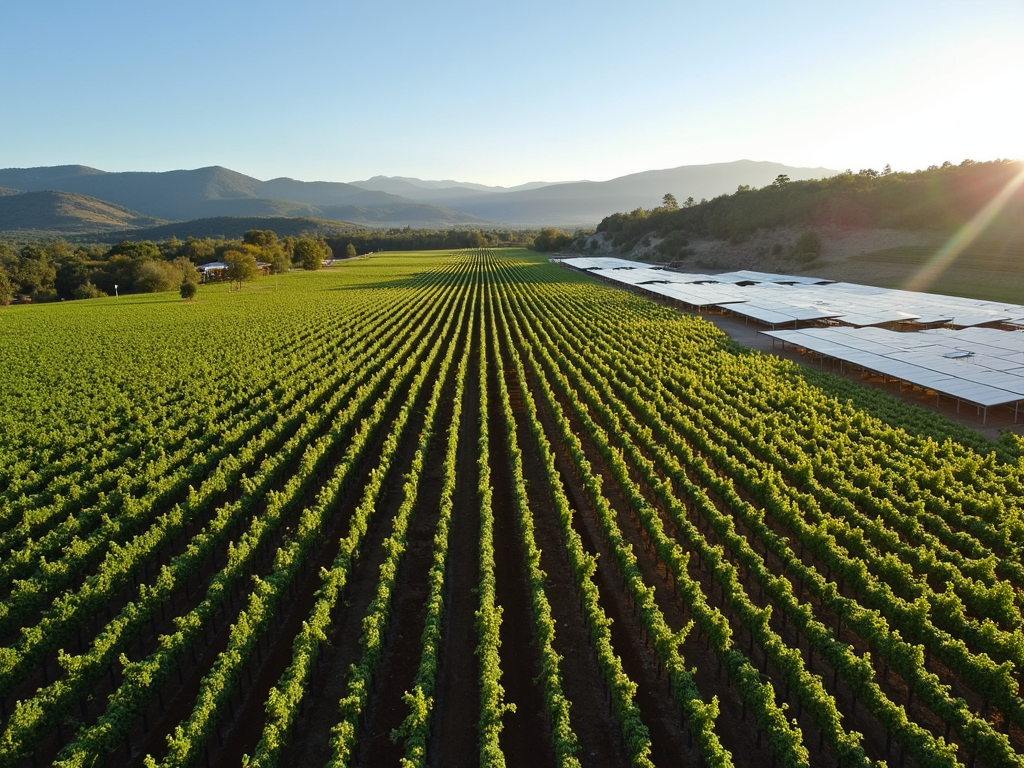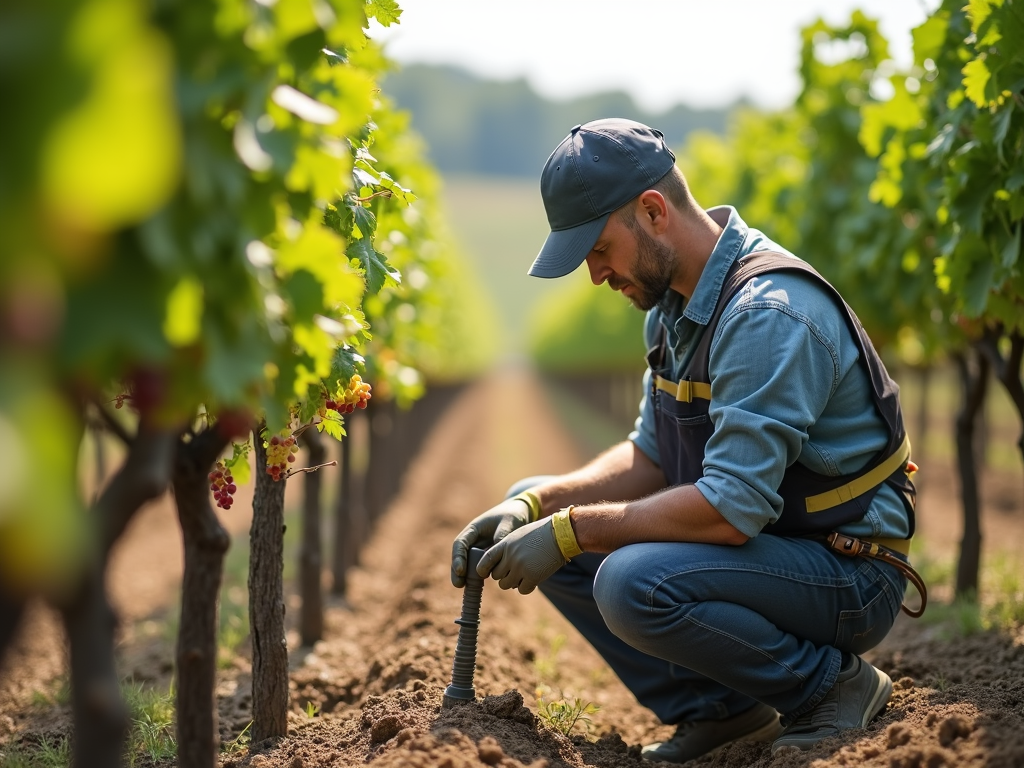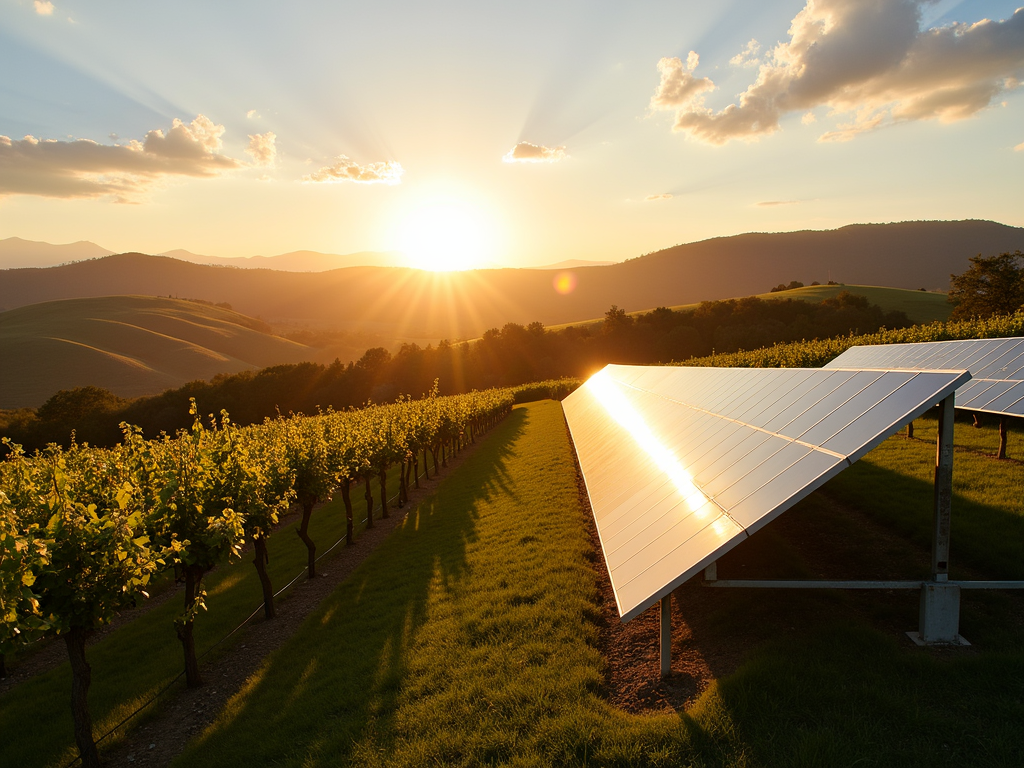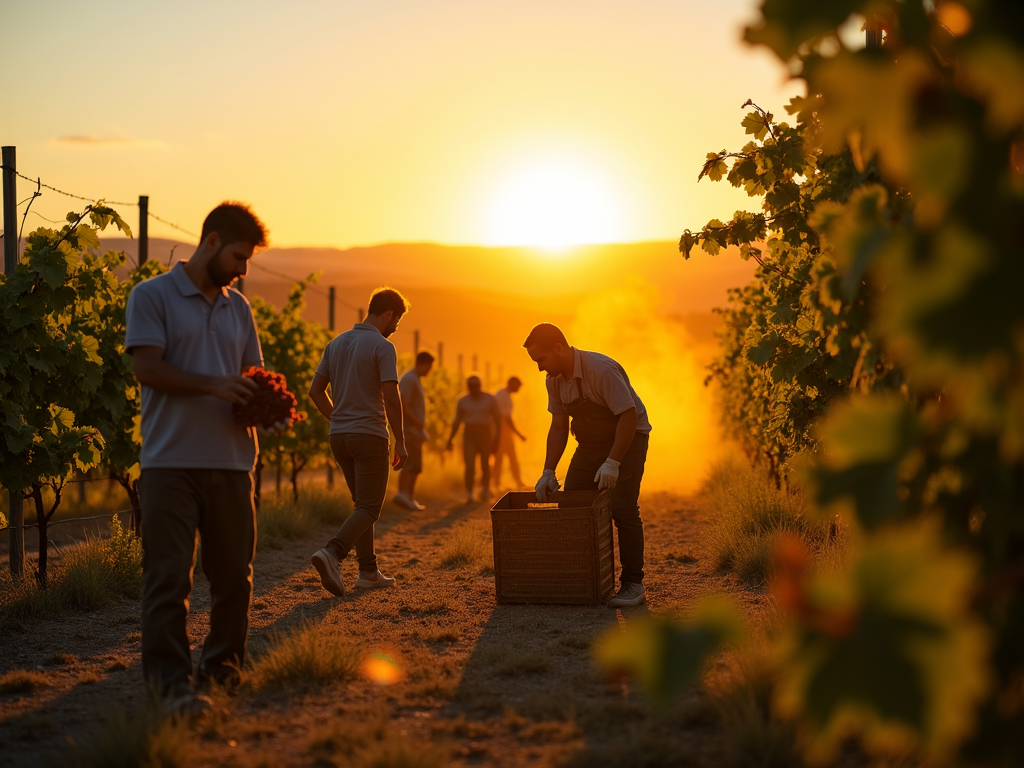The Benefits of Sustainable Winemaking: A Deep Dive into Jackson Family Wines
Sustainable winemaking isn’t just a buzzword—it’s a way to craft exceptional wines while caring for the earth. Jackson Family Wines leads the charge, blending tradition with innovation. This article explores The Benefits of Sustainable Winemaking, their unique approach, and why it matters—for the planet and your glass.

What Does Sustainable Winemaking Mean?
Sustainable winemaking balances environmental care, social good, and economic sense. It’s about using less water, cutting emissions, and keeping ecosystems healthy. Jackson Family Wines lives this philosophy, proving that great wine and green practices go together.
Studies back this up. According to the California Sustainable Winegrowing Alliance, sustainable vineyards can reduce water use by up to 25%. That’s a big deal in dry regions like California.

The History of Jackson Family Wines
It all started in 1982 with Jess Jackson, a man who loved wine and the land it came from. The History of Jackson Family Wines is rooted in California’s Sonoma County. Jess saw the potential in sustainable practices early on, setting a foundation that’s grown to over 40 wineries worldwide.
From the start, they embraced ideas like solar power and careful water use. Today, their legacy thrives under family leadership, showing that sustainability isn’t new—it’s in their DNA.

Sustainable Winemaking: The Jackson Family Wines Approach
Their methods are practical and impactful. Here’s how they do it:
- Water Saving: Drip irrigation and sensors cut waste.
- Clean Energy: Solar panels power their operations.
- Healthy Land: Cover crops boost soil and wildlife.
- Less Waste: Lightweight bottles shrink their carbon footprint.
These steps aren’t just good for the earth—they make better wine. Smaller grapes from controlled irrigation pack more flavor. The University of California, Davis notes that sustainable practices can enhance grape quality, a win for everyone.

Jackson Family Wines Tasting Notes
The proof is in the glass. Their sustainable approach shines through in every sip. Try these:
| Wine | Notes |
|---|---|
| Kendall-Jackson Vintner’s Reserve Chardonnay | Citrus, peach, smooth finish |
| La Crema Sonoma Coast Pinot Noir | Cherry, spice, silky feel |
These flavors come from healthy vines and careful craft.
I’ve tasted these wines myself. The Chardonnay’s brightness feels alive, like it carries the sun from the vineyard. Sustainability isn’t just a process here—it’s a taste you can experience.

Why It Matters Beyond the Vineyard
The Benefits of Sustainable Winemaking stretch far. It creates jobs for locals and draws visitors to wine country. It also inspires other industries. The Wine Institute reports that sustainable wineries cut greenhouse gases by 20% on average. That’s a ripple effect worth celebrating.
Plus, it’s personal. Visiting their vineyards, I saw workers proud of their role in something bigger. You feel the connection between the land, the people, and the wine.

My Take: A Day at Jackson Family Wines
Walking their vineyards was humbling. The air buzzed with life—birds, bees, and the hum of solar panels. I chatted with a winemaker who said, ‘We’re not just growing grapes; we’re growing a future.’ That stuck with me. It’s not theory—it’s real, and it’s working.
Tasting their Pinot Noir later, I couldn’t help but think how the land’s care shaped its depth. It’s a story in every bottle.

Wrapping Up
Jackson Family Wines shows how sustainable winemaking wins on all fronts: better wine, healthier planet, stronger communities. Their story—from Jess Jackson’s vision to today’s practices—proves that doing good tastes great. Next time you pour a glass, choose one that gives back to the earth.